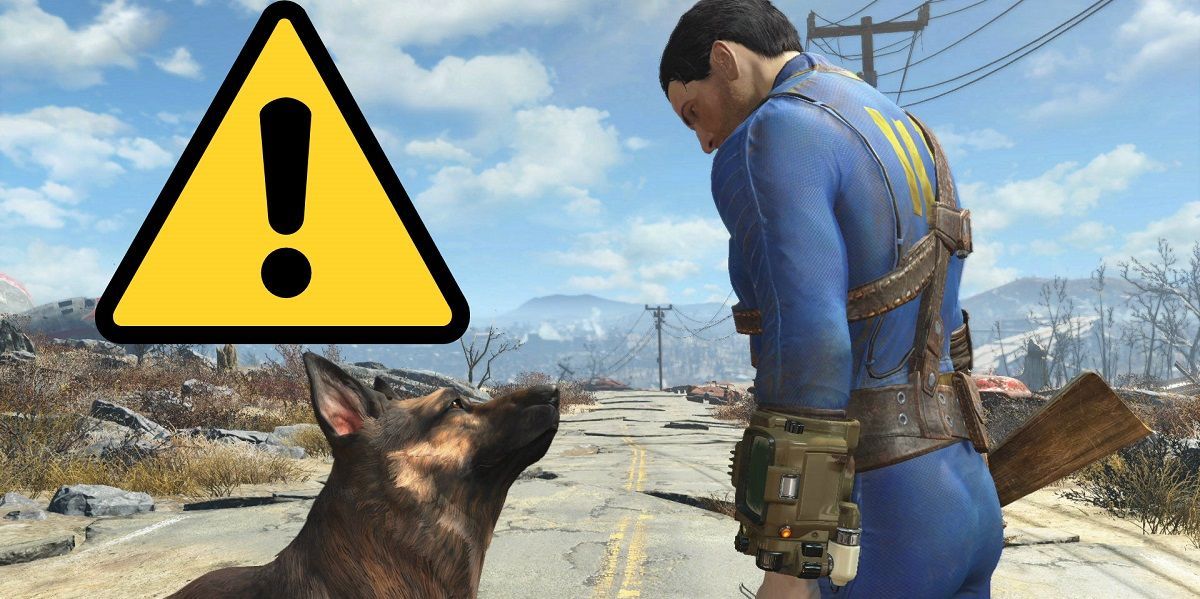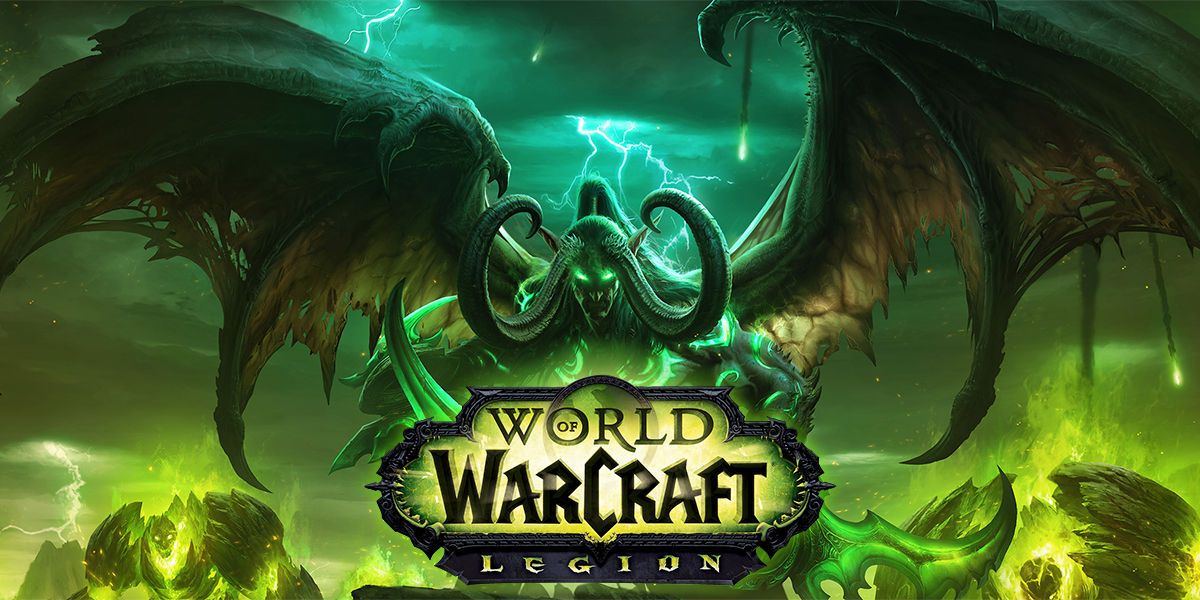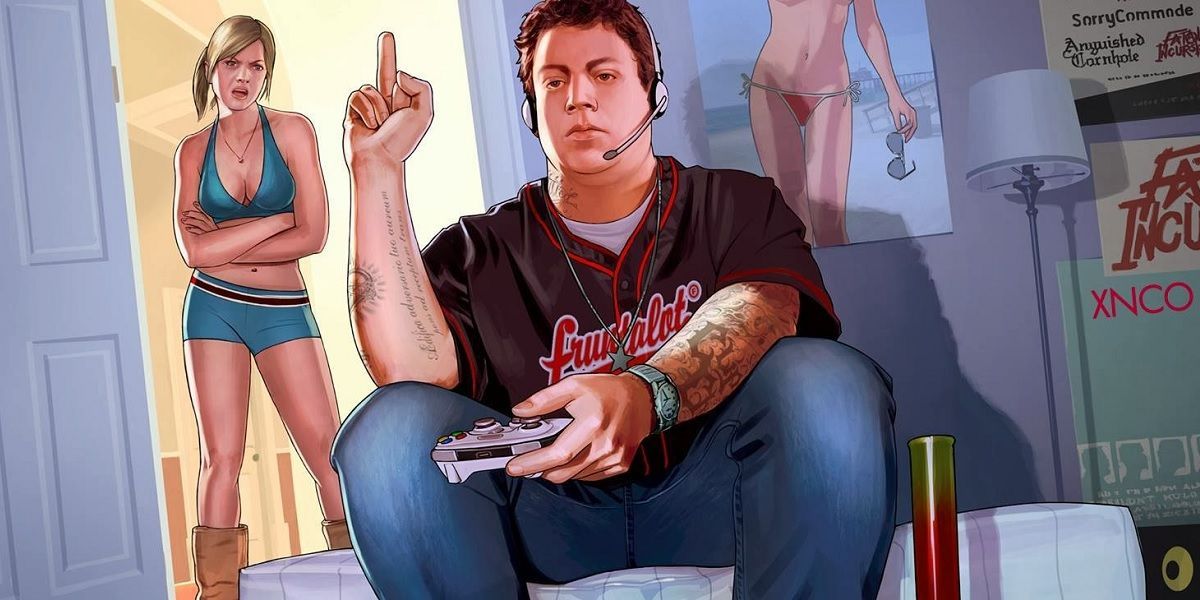There's nothing quite like a good lawsuit to fire up public opinion, especially when the lawsuit sounds pretty ridiculous. As an industry that is predicted to hit $91.5 billion in revenue this year, video games have understandably been the target of many lawsuits - from the fiery days of Jack Thompson blaming Grand Theft Auto for mass shootings, to inter-studio battles like The Elder Scrolls developer Bethesda and Scrolls developer Mojang scrapping over the trademark for the word "Scrolls."
Now Bethesda is on the receiving end of a different lawsuit. A 28 year-old man in Siberia has accused the company's latest release, sprawling post-apocalyptic RPG Fallout 4, of being so addictive that it caused him to lose his job and his wife to demand a divorce. After three weeks of playing the game heavily, skipping work and social events, the gamer found his life unravelling and health deteriorating to the tune of 500,000 roubles (US$7,000) - the amount he's suing Bethesda for.
This isn't the first time that a video game company has been sued for not warning players about how addictive their game is - which sounds like something that could as easily be incorporated into a marketing campaign as a warning label. In 2010 a Hawaiian man called Craig Smallwood sued South Korean studio NCsoft over his addiction to MMORPG Lineage II, after he poured more than 20,000 hours into the game in the space of five years. The judge in question ruled that it be allowed to proceed and that NCsoft should cover Smallwood's legal fees.
The idea of a warning label describing the dangers of video games is one that has been suggested, with varying degrees of forcefulness, at various points over the history of the medium. In fact, many video games already carry health warnings that warn players of potential epileptic reactions and advise 15 minute breaks every hour. Xbox Live offers a Healthy Gaming Guide, and PlayStation provides guidance on avoiding negative health effects of too much gaming in one sitting.
However, neither of these guides makes mention of two much talked-about side effects of too much gaming: addiction and aggressiveness. Proponents of warning labels for these effects argue that, like cigarettes and alcohol, video games should make users aware of how they might be affected by shooting alien hordes or gathering gold. In 2011, however, the Supreme Court ruled that video games are protected speech under the First Amendment, and as such cannot be subjected to the same conditions as cigarettes or alcohol.
For those who play video games as a serious hobby, the default reaction to lawsuits blaming those games for addiction, or other ill effects, is often one of automatic defensiveness. But the best way to arm a defense is by looking seriously at the evidence and asking whether there's any merit to the opposition's argument. Furthermore, the topic of video game addiction is a rather fascinating one in terms of the insight it provides into the structure of video games and the way they interact with human nature.
A feature published by Vice earlier this year found estimates by experts that more than three million Americans between the ages of eight and 18 may be suffering from "video game dependency," and interviews with people dealing with extreme video game addiction found that they were suffering from symptoms similar to that of chemical addiction, right down to physical symptoms of withdrawal such as sleeplessness and hallucinations.
There have also been a few high-profile cases of people dying after lengthy video game binges. Earlier this year a man was found dead in an Internet cafe in Taiwan following a three day-long gaming binge. In 2005 the same fate befell a South Korean man, who played StarCraft for 50 consecutive hours before dropping dead - again, in an Internet cafe. Games like StarCraft, League of Legends and World of Warcraft, which offer infinite gameplay and interaction with other players, are frequently found to be the culprits in cases of video game addiction. But are the games themselves really to blame?
"It's not about the games," a 21 year-old gaming addict told Vice. Asking a recovering game addict which game they were addicted to, he explained, is "like asking a recovered alcoholic what they used to drink." Indeed, a correlation has been found between video game addiction and psychological disorders such as anxiety and depression. Like other types of addiction, video games can be a form of escapism for those unhappy with with their everyday life. Speaking to Kotaku, researcher Douglas Gentile described the relationship as "truly comorbid":
"As you get more depressed you retreat more into games, which doesn't help, because it doesn't actually solve the problem. It doesn't help your depression, so your depression gets worse, so you play more games, so your depression gets worse, etc. It becomes a negative spiral."
It's easy to understand why video games might be psychologically addictive. The rush of competition is exciting, and earning rewards like leveling up a character or receiving an 'Achievement' (Steam and Xbox) or a 'Trophy' (PlayStation) contributes to that drive to find the next reward. Yet this response is not isolated to video games. In a 2011 article titled 'Why anything can be addictive', gambling studies expert Mark Griffiths argued that, "there is no theoretical reason why some people might not become genuinely addicted to activities like video games, work or exercise" - yet there's no great push to put addiction warning labels on treadmills.
Perhaps the closest comparison to suing Fallout 4 for being too addictive is the 2002 lawsuit filed against McDonald's on behalf of a number of children in New York, claiming that addiction to McDonald's food had caused them to become obese. At the heart of the case was the argument that McDonald's had not provided sufficient information to warn people of the health risks associated with daily meals of Bic Macs and super-sized fries. When the case was thrown out in early 2003, Judge Robert Sweet explained that the decision came down to a matter of personal responsibility.
"Where should the line be drawn between an individual's own responsibility to take care of herself and society's responsibility to ensure others shield her? The complaint fails to allege the McDonald's products consumed by the plaintiffs were dangerous in any way other than that which was open and obvious to a reasonable consumer."
Even without knowing the specifics of the case, it seems clear that going to work or staying at home to play Fallout 4 is ultimately a personal choice. Bethesda can't really be held responsible for someone who chooses to do the latter - especially given the millions of players who have found a manageable balance between work, social lives and gaming. Sweet argued that it was common knowledge that fast food is unhealthy, and it's equally common knowledge that video games can be addictive for some people. Moreover, if any game were to be slapped with a warning label for addictiveness then Fallout 4 - which is limited to a single player story campaign (though admittedly a very lengthy one) - seems like less of a risk than MMORPGs that emphasize infinite gameplay.
If nothing else, however, the lawsuit may help to raise awareness about the fact that it is possible to play video games to dangerous excess - just as it's possible to work and/or exercise to dangerous excess. Increasing general knowledge about the symptoms of video game addiction would probably do a lot more good than a warning label tucked away with the existing fine print health warnings.




